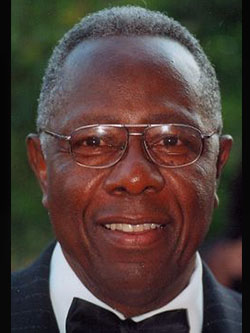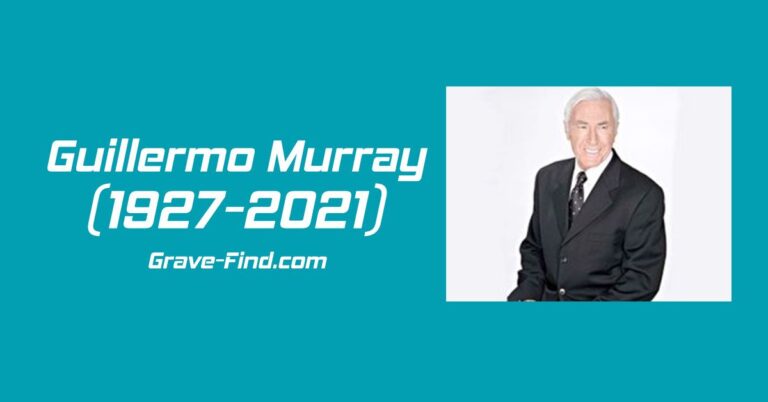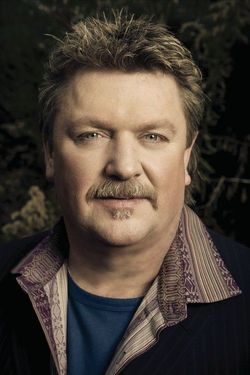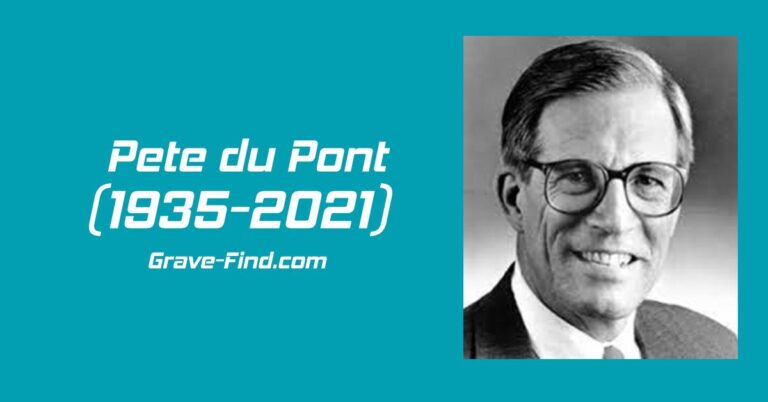Hank Aaron (1934-2021) Find a Grave
Henry Aaron
Full Name Henry Louis Aaron
Birth 5 Feb 1934
Mobile, Mobile County, Alabama, USA
Death 22 Jan 2021 (aged 86)
Atlanta, Fulton County, Georgia, USA
Burial
South View Cemetery
Atlanta, Fulton County, Georgia, USA Show Map
Baseball Player
Where is Henry Aaron buried?
He was best known for his 755 career home runs that long stood as baseball’s golden mark. He was considered one of the sport’s greatest stars despite playing for the small-market Milwaukee/Atlanta Braves throughout a major league career that spanned from 1954 to 1976, He still holds major league records for RBIs (2,297), total bases (6,856) and extra-base hits (1,477), and he ranks among Major League Baseball’s (MLB) best in hits (3,771, third all time), games played (3,298, third) and runs scored (2,174, fourth).
At 6-foot and 180 pounds, he broke Babe Ruth’s hallowed home run mark less than a week into the 1974 season, slugging his record 715th off Los Angeles Dodgers left-hander Al Downing in the fourth inning as 50,000-plus fans celebrated in Atlanta. One of baseball’s iconic moments, Aaron trotted around the basepaths and ultimately touched home plate, where teammates hoisted him and his parents embraced him.
Where Was Henry Aaron born?
He went on to play two more seasons and finished with 755 career home runs, a mark that stood as the major league record until Barry Bonds broke it in 2007. Aaron finished his career with a host of accolades.
He was the National League Most Valuable Player in 1957 which was the same year the Braves won the World Series, a two-time NL batting champion (1956, 1959), a three-time Gold Glove winner in right field (1958-1960) and a record 25-time All-Star.
He was enshrined in the Baseball Hall of Fame in 1982, receiving 97.8% approval in his first year on the ballot. In 1999, MLB created the Hank Aaron Award, given annually to the best hitter in both the AL and NL. Off the field, Aaron was an activist for civil rights, himself being a victim of racial inequalities.
Growing up in Mobile, Alabama, he did not get to play organized high school baseball because only white students had teams. During the buildup to his passing of Ruth’s home run mark, threats were made on his life by people who did not want to see a Black man break the record. After he retired, he joined the Braves as an executive and hoped more Black players could find that type of work after their playing days were finished. Aaron was awarded the Presidential Medal of Freedom in 2002.






